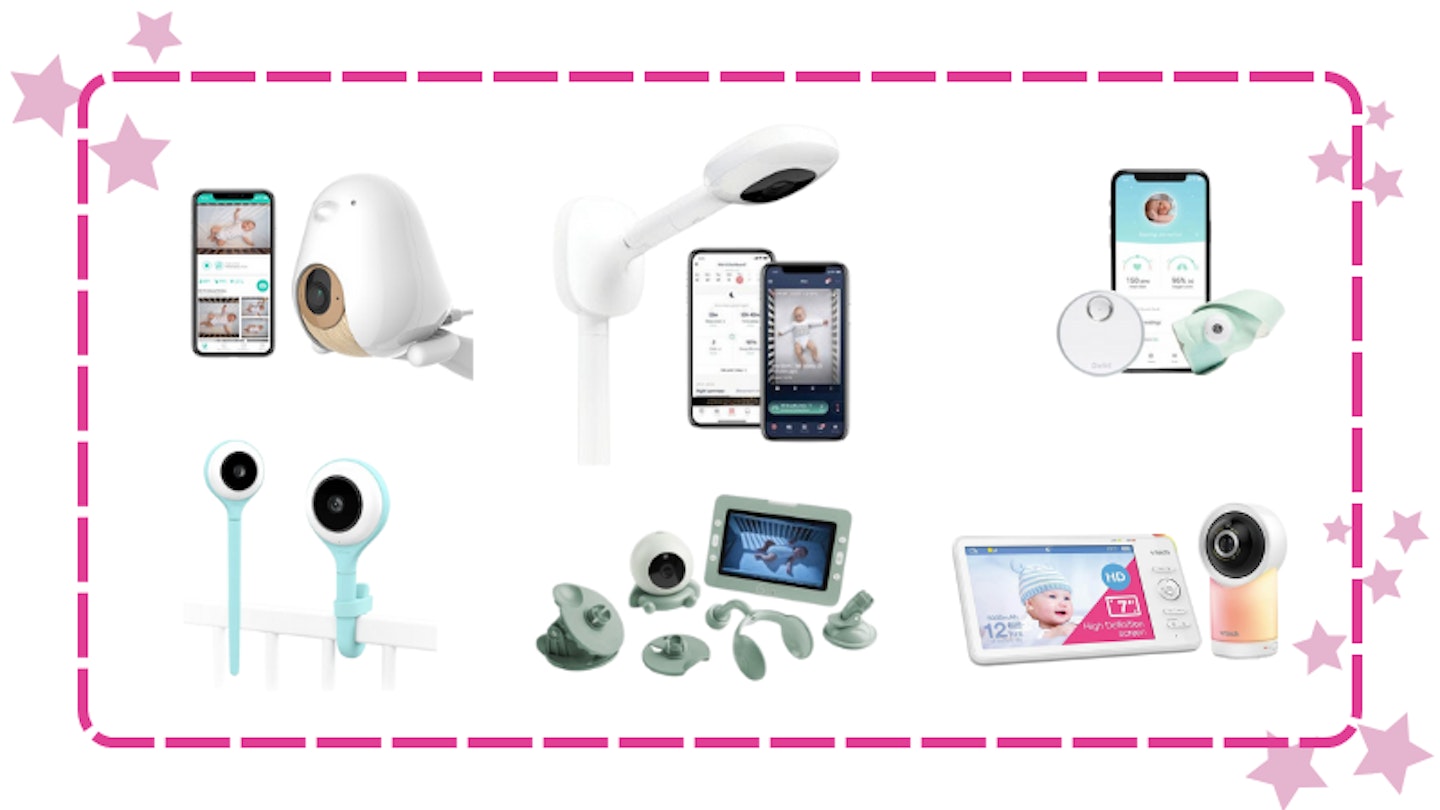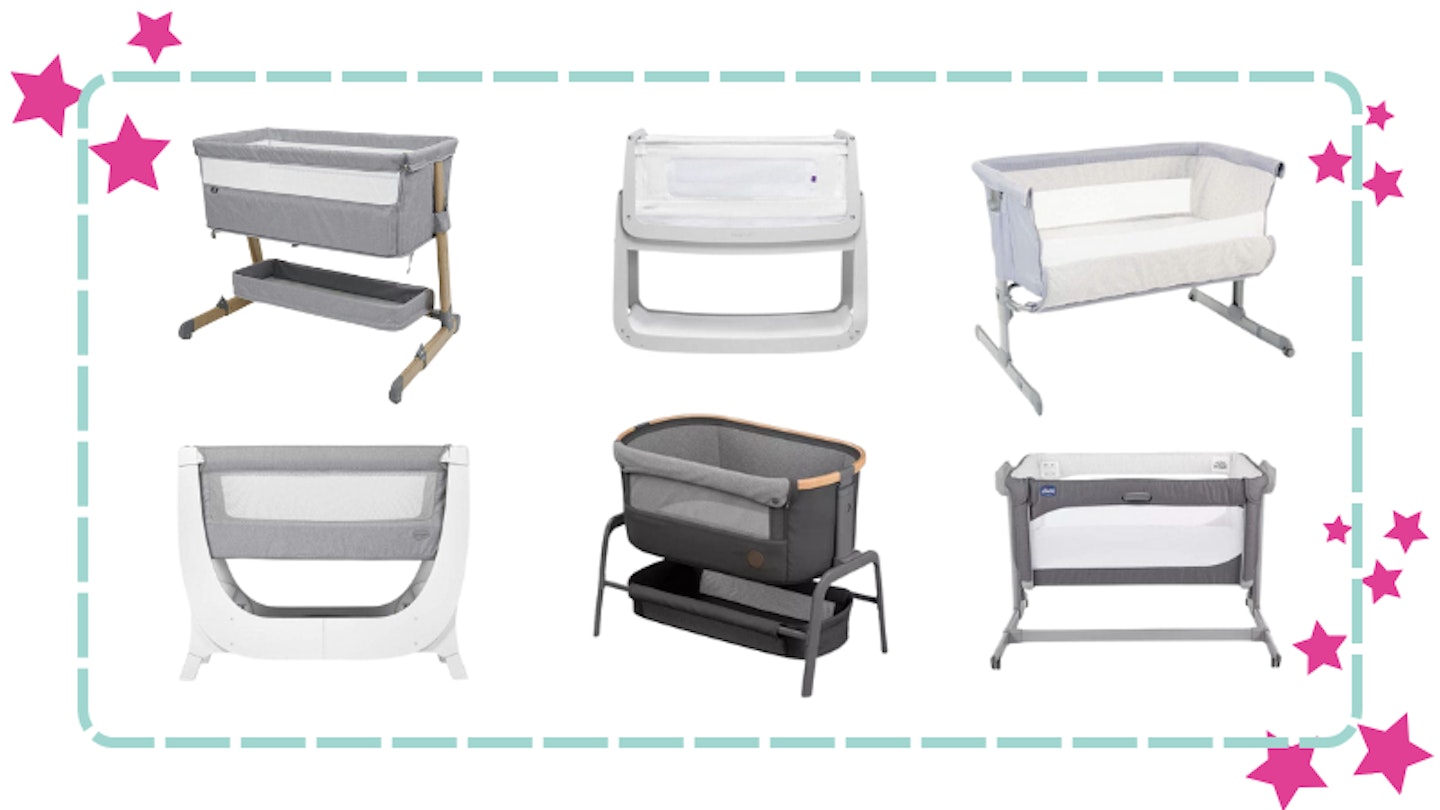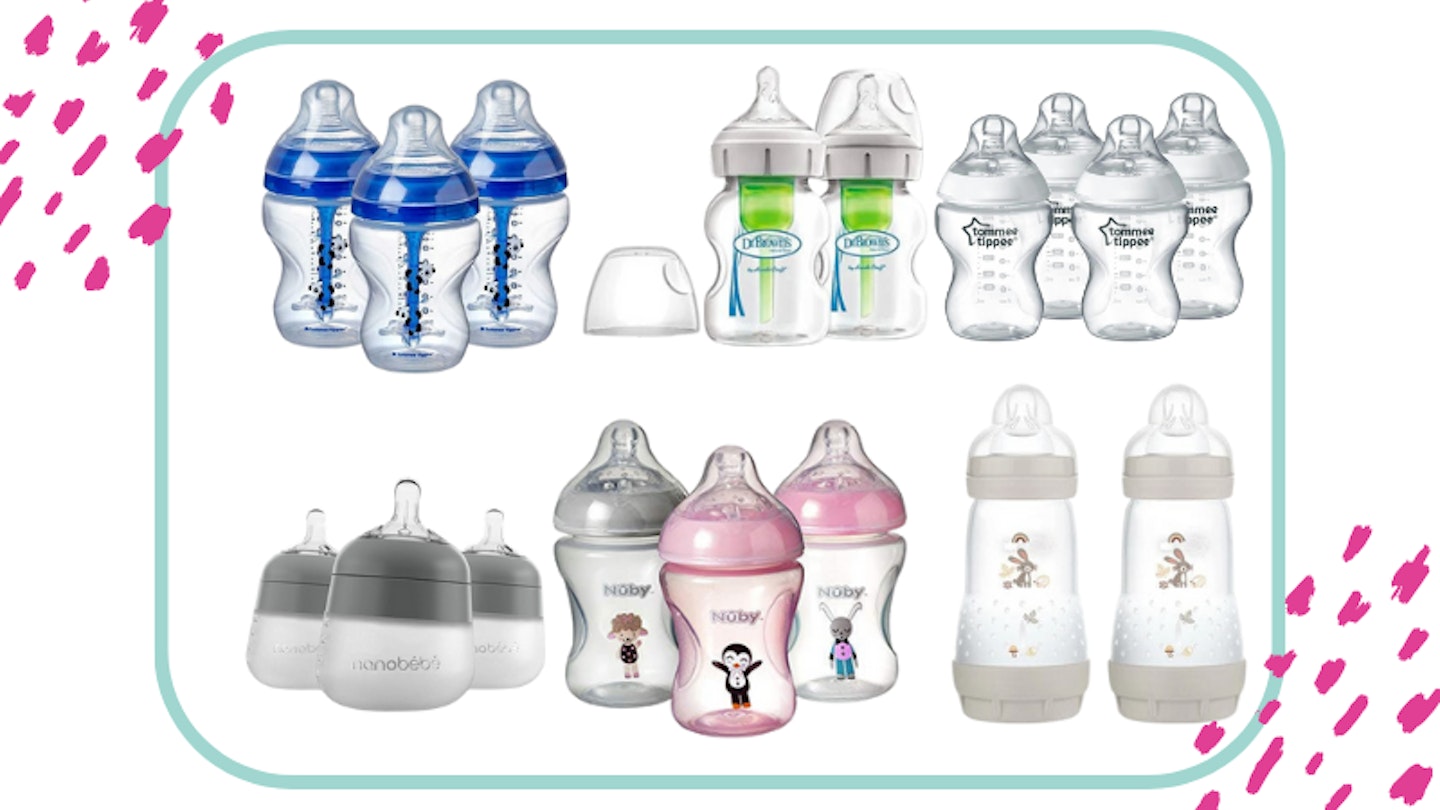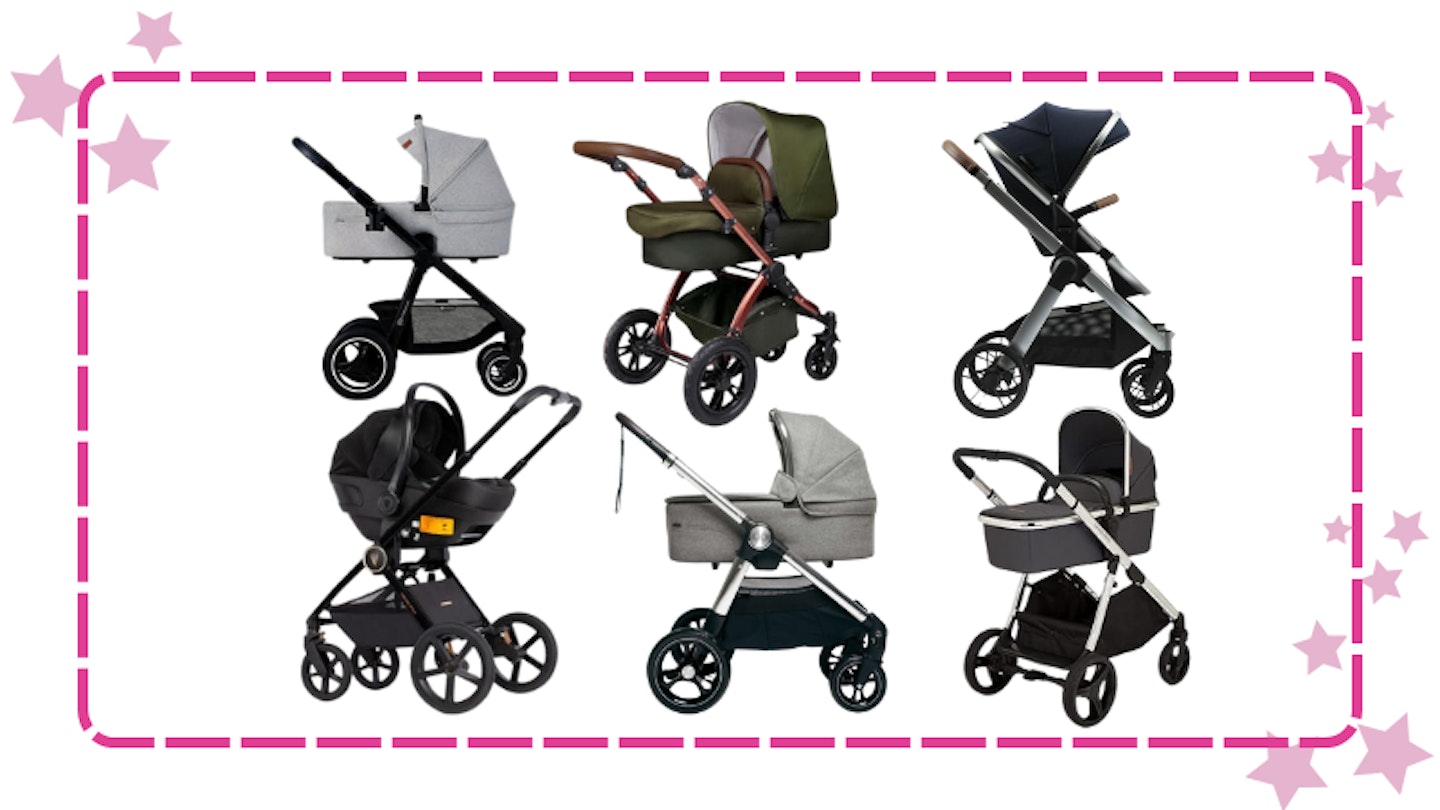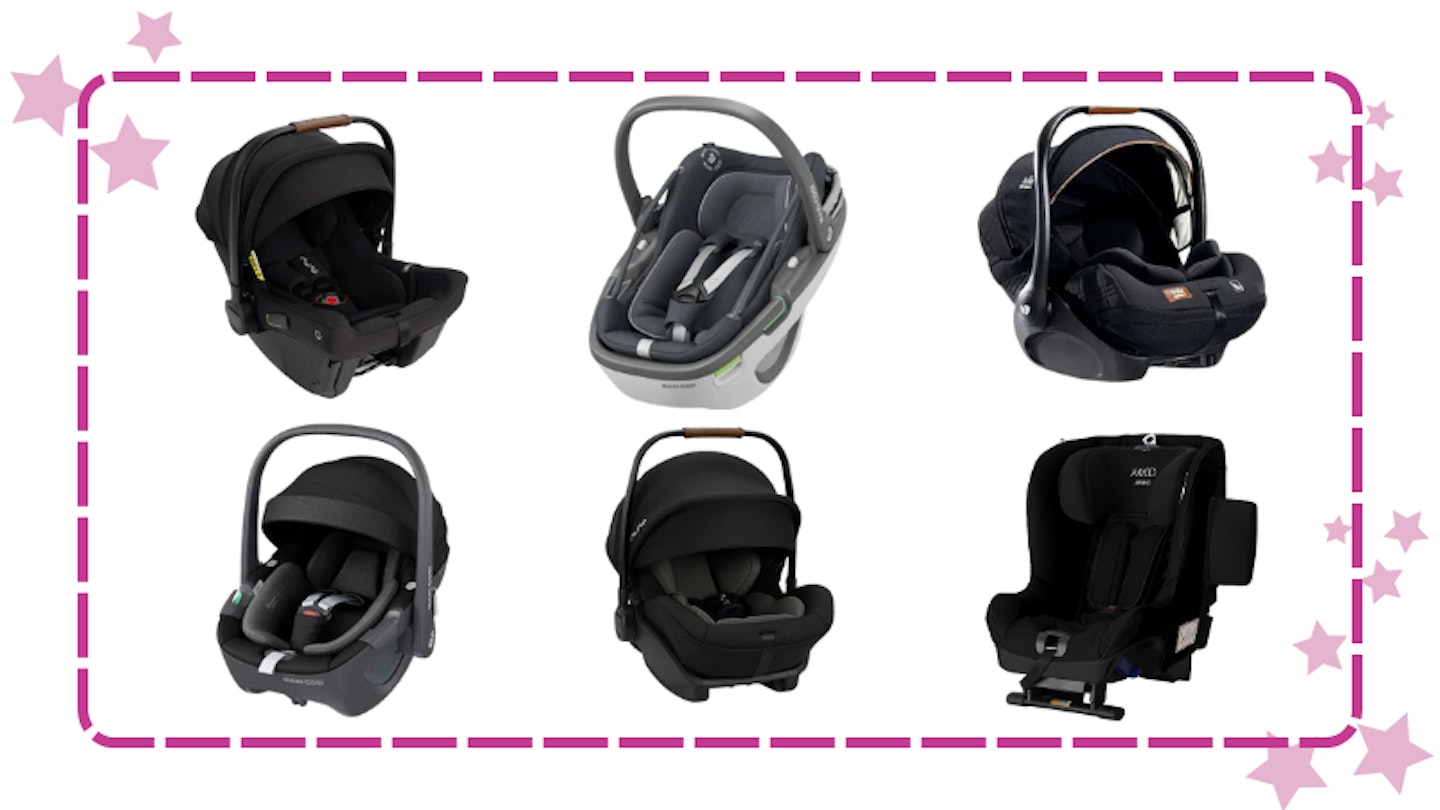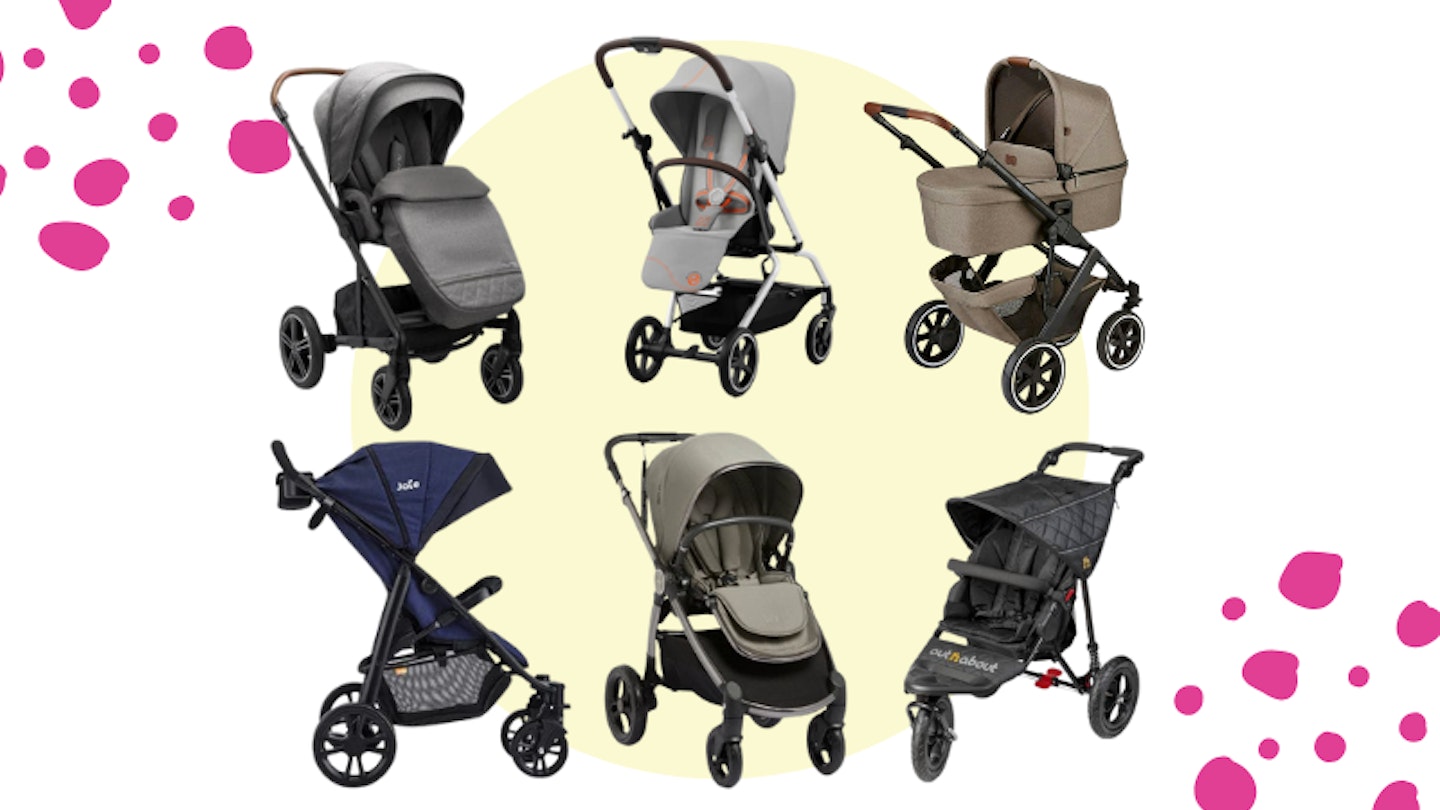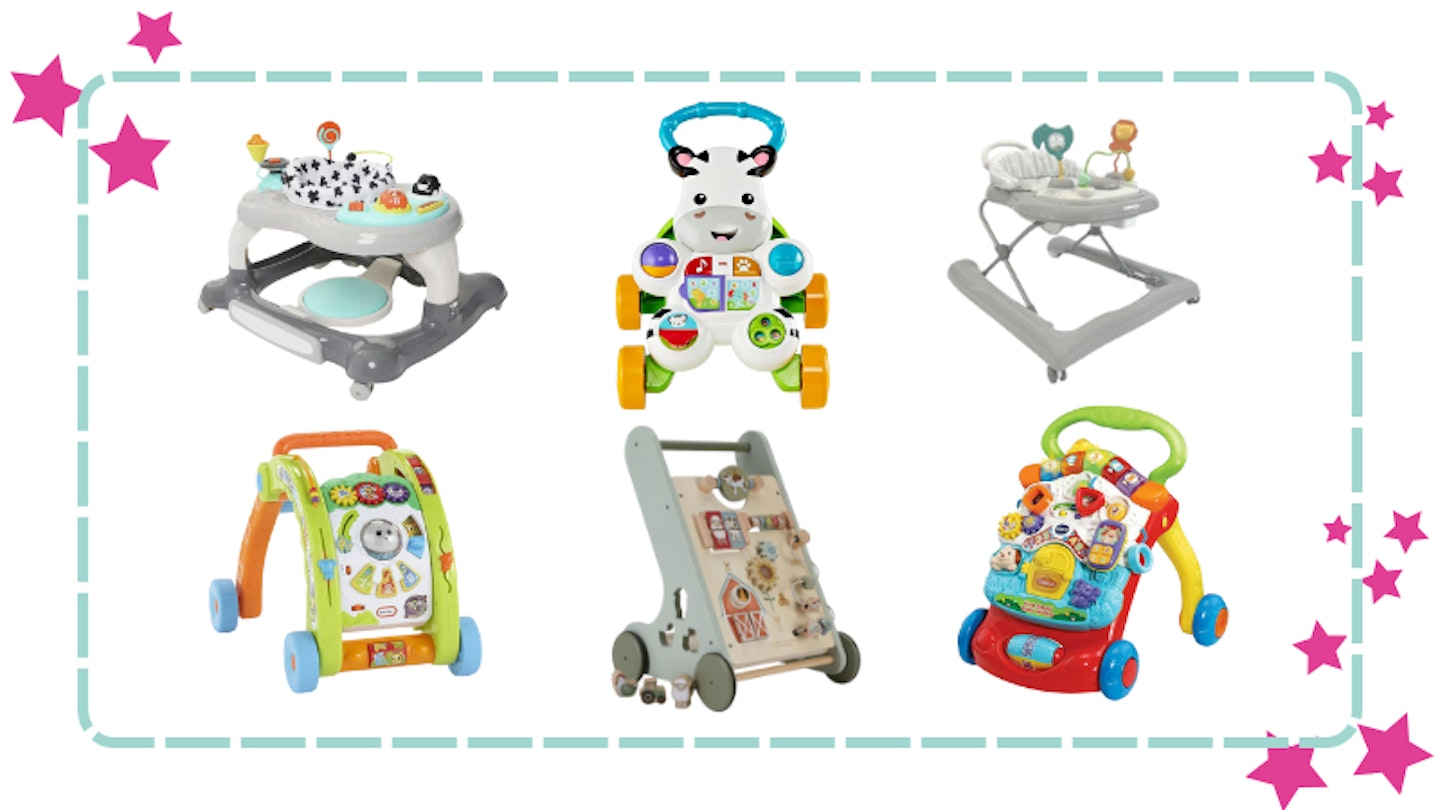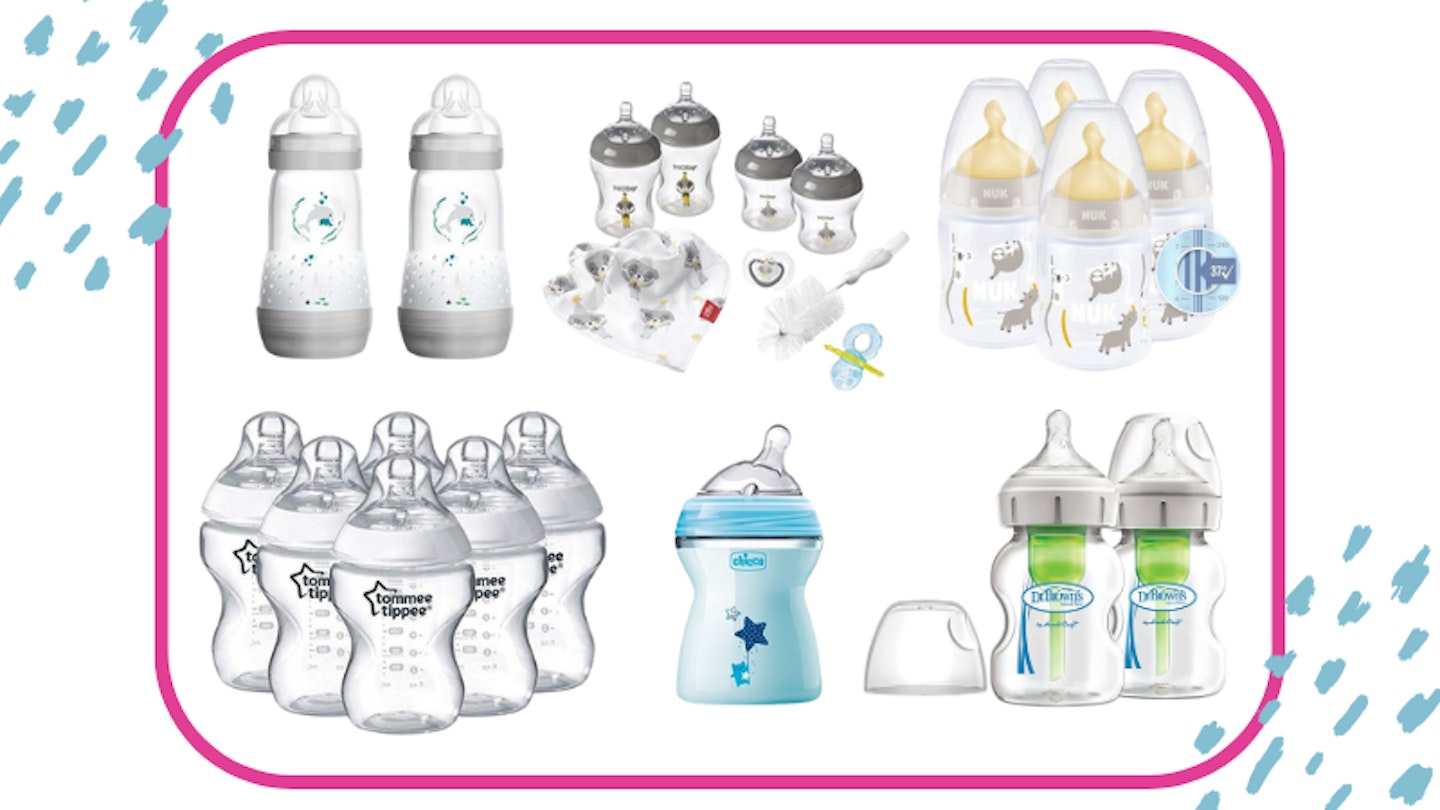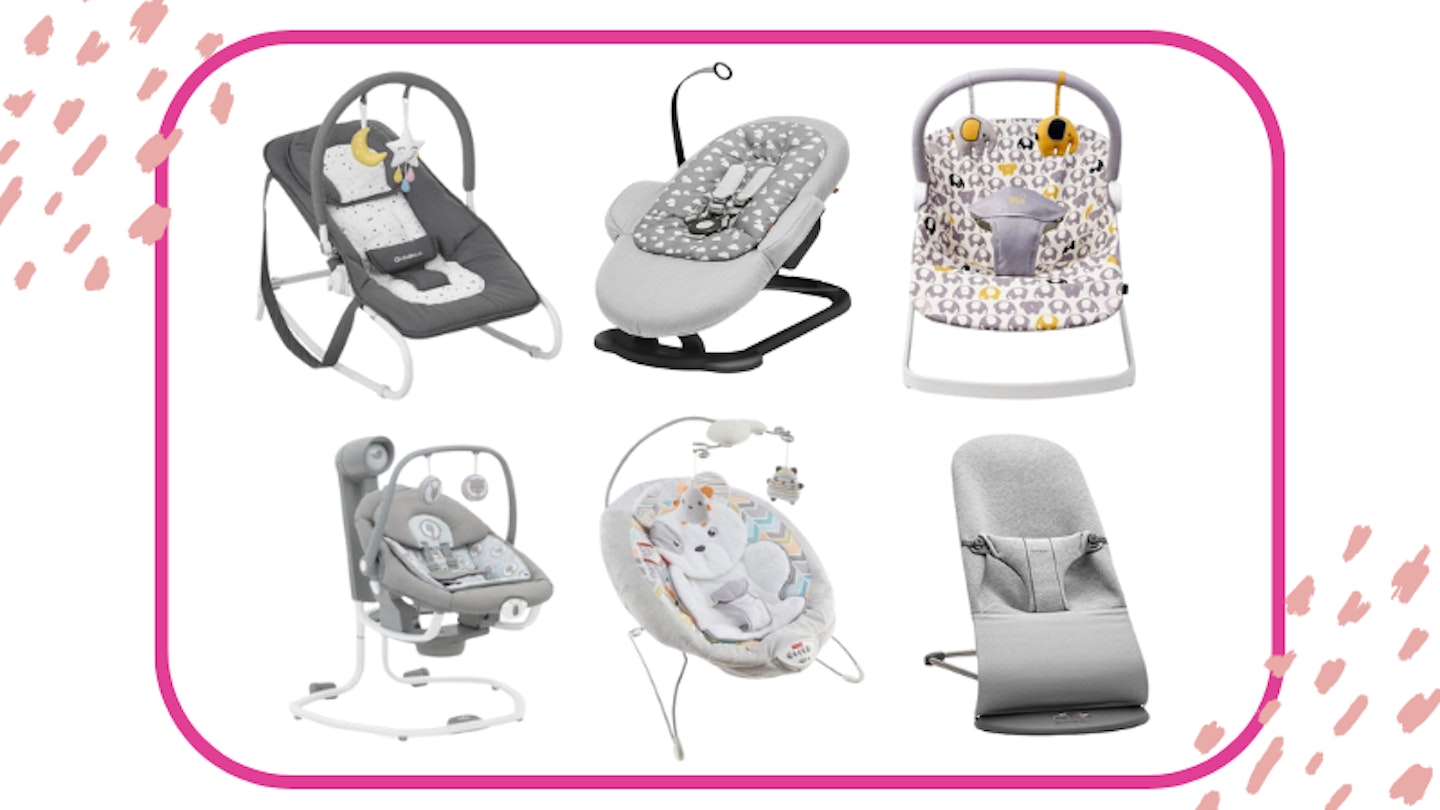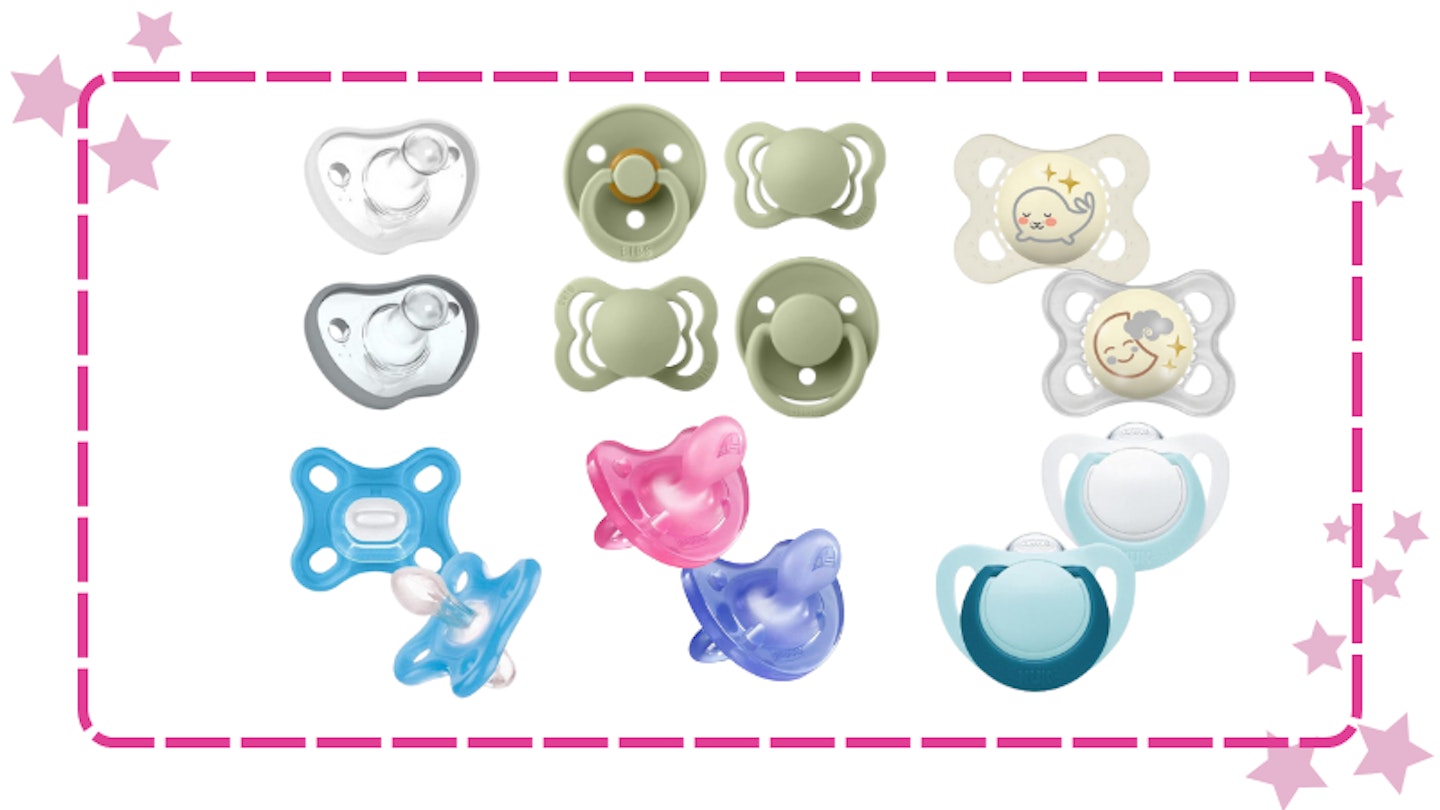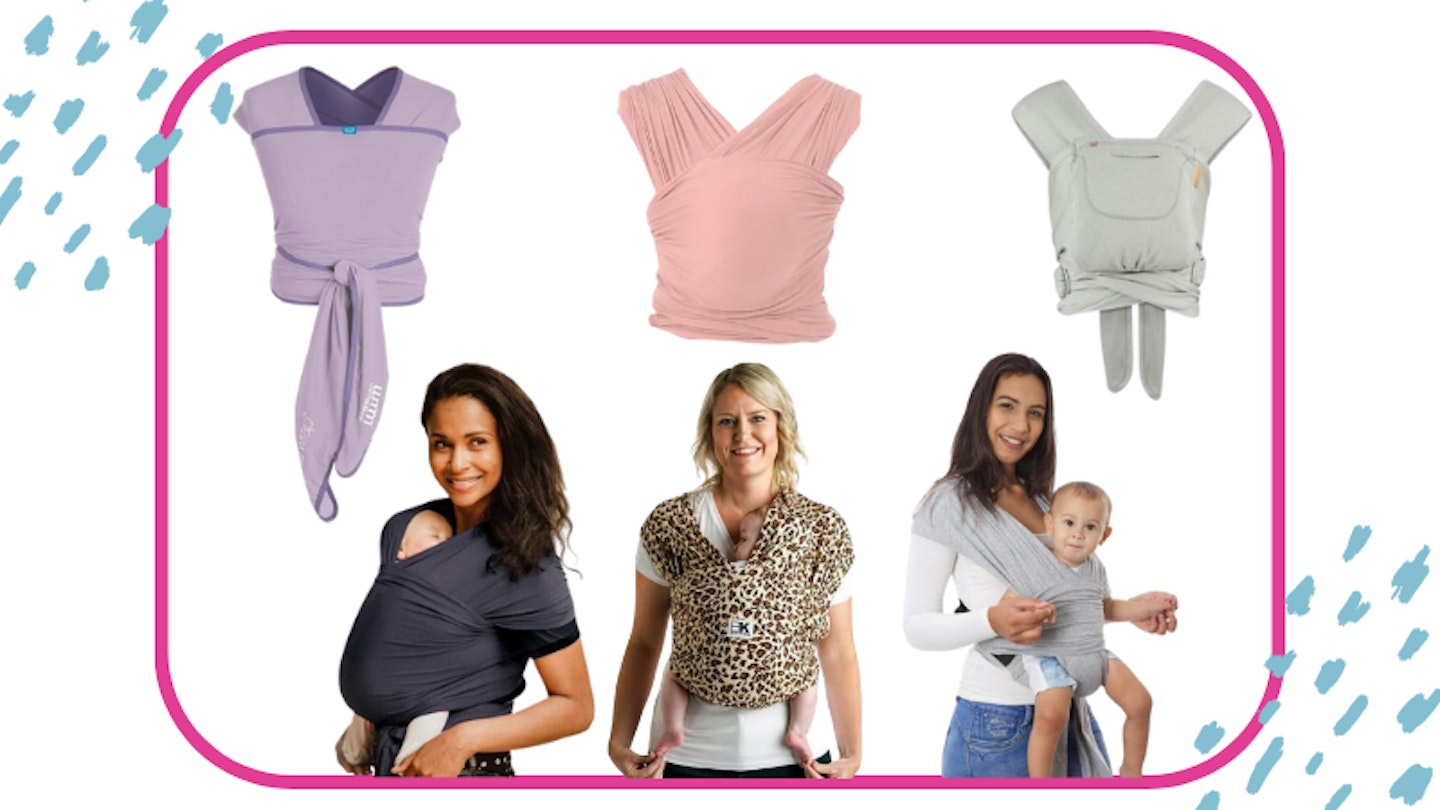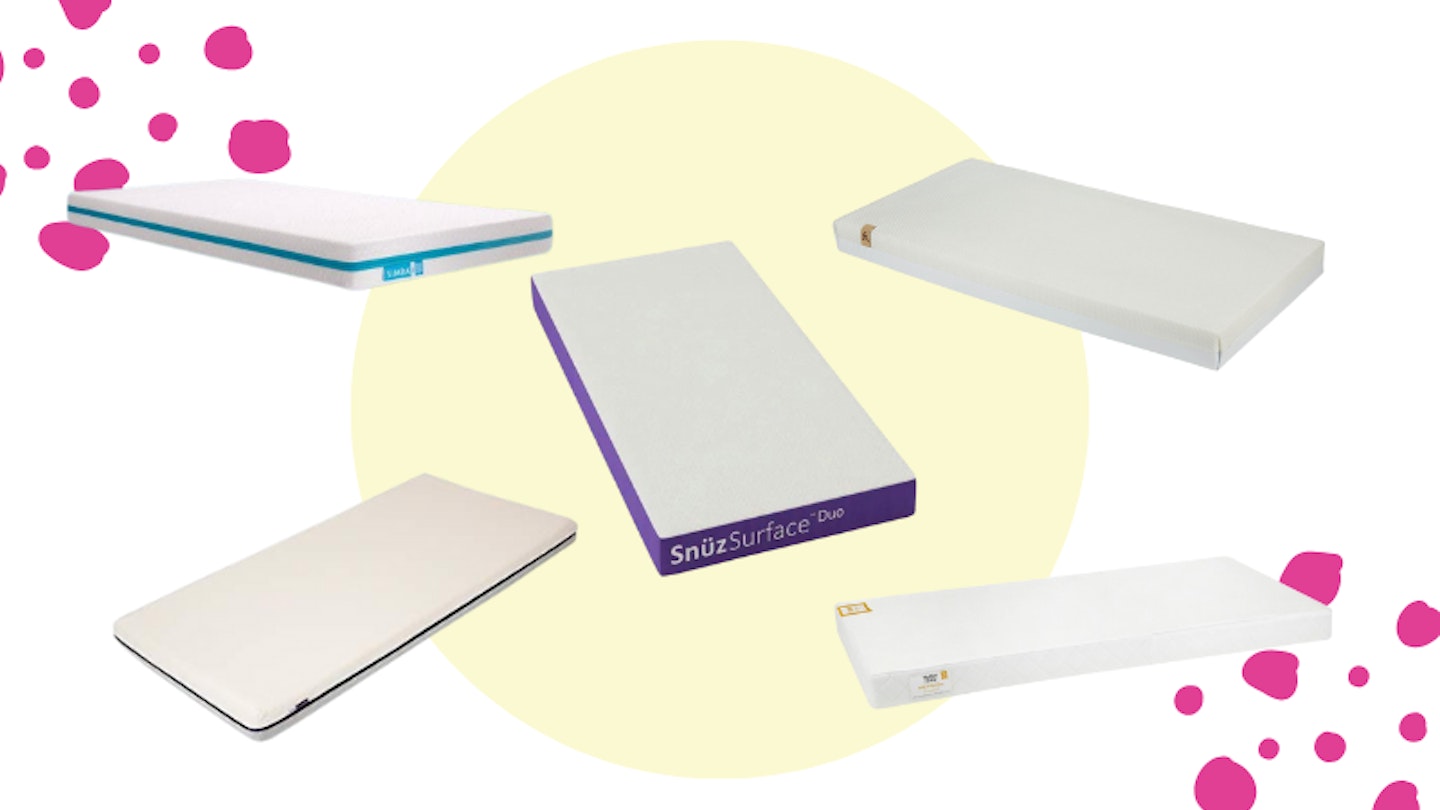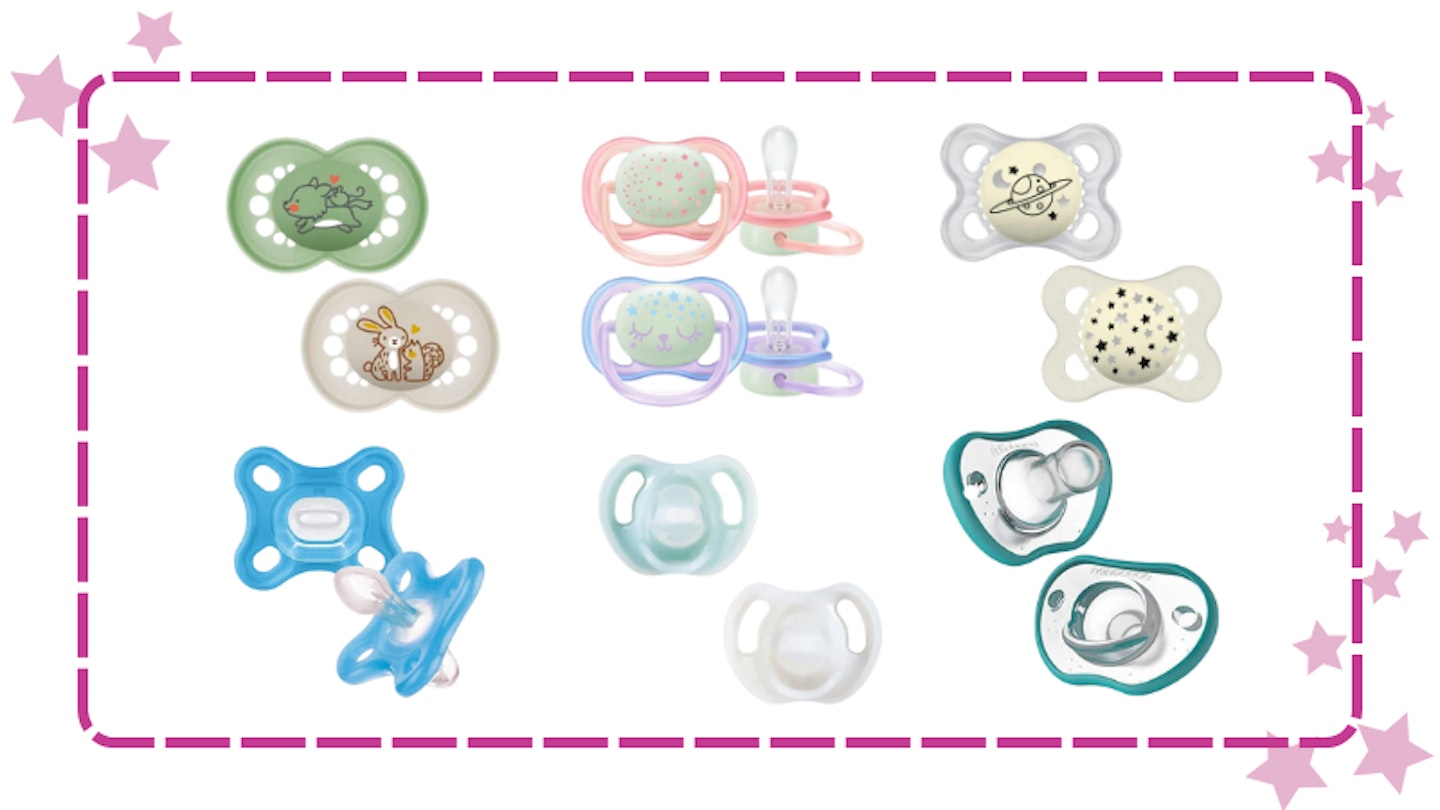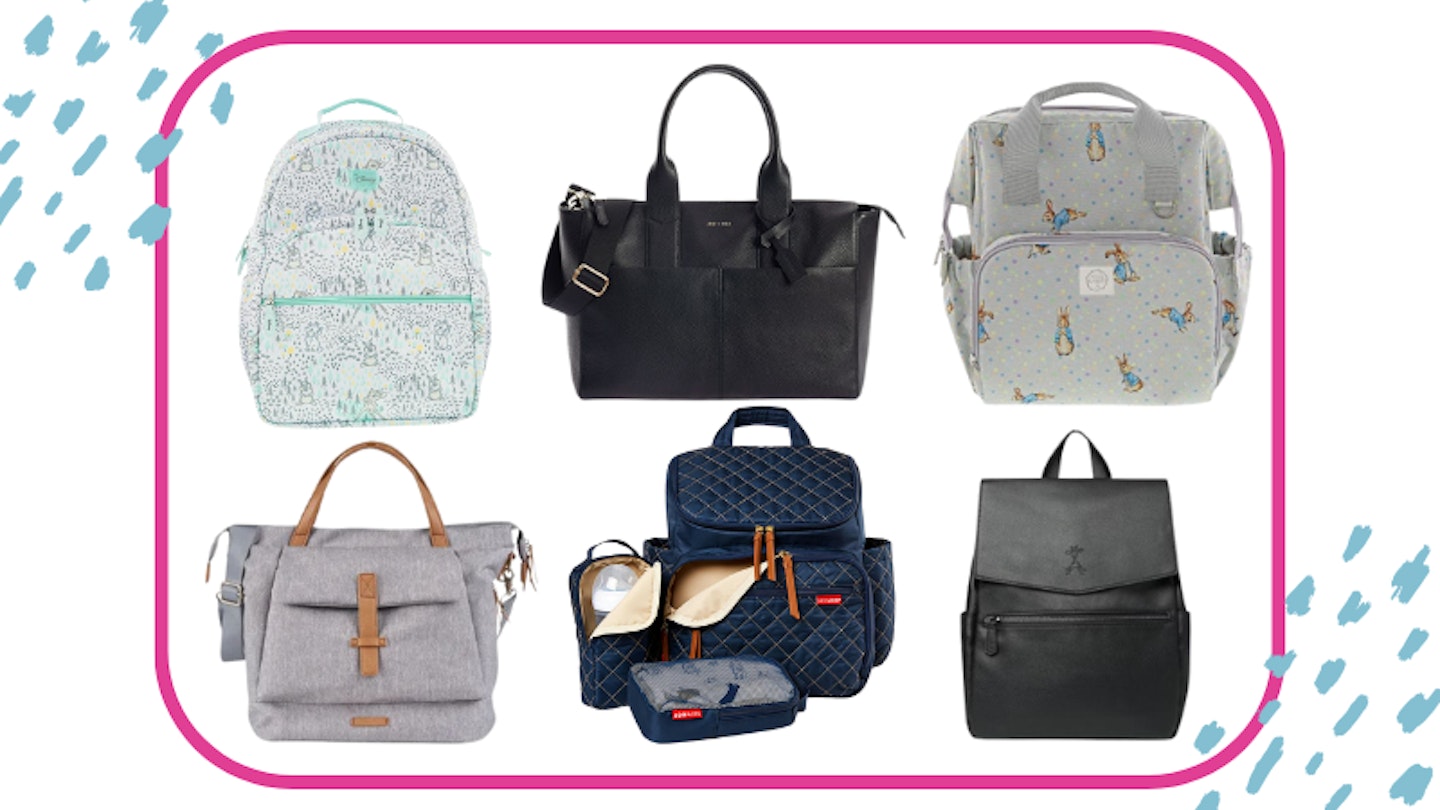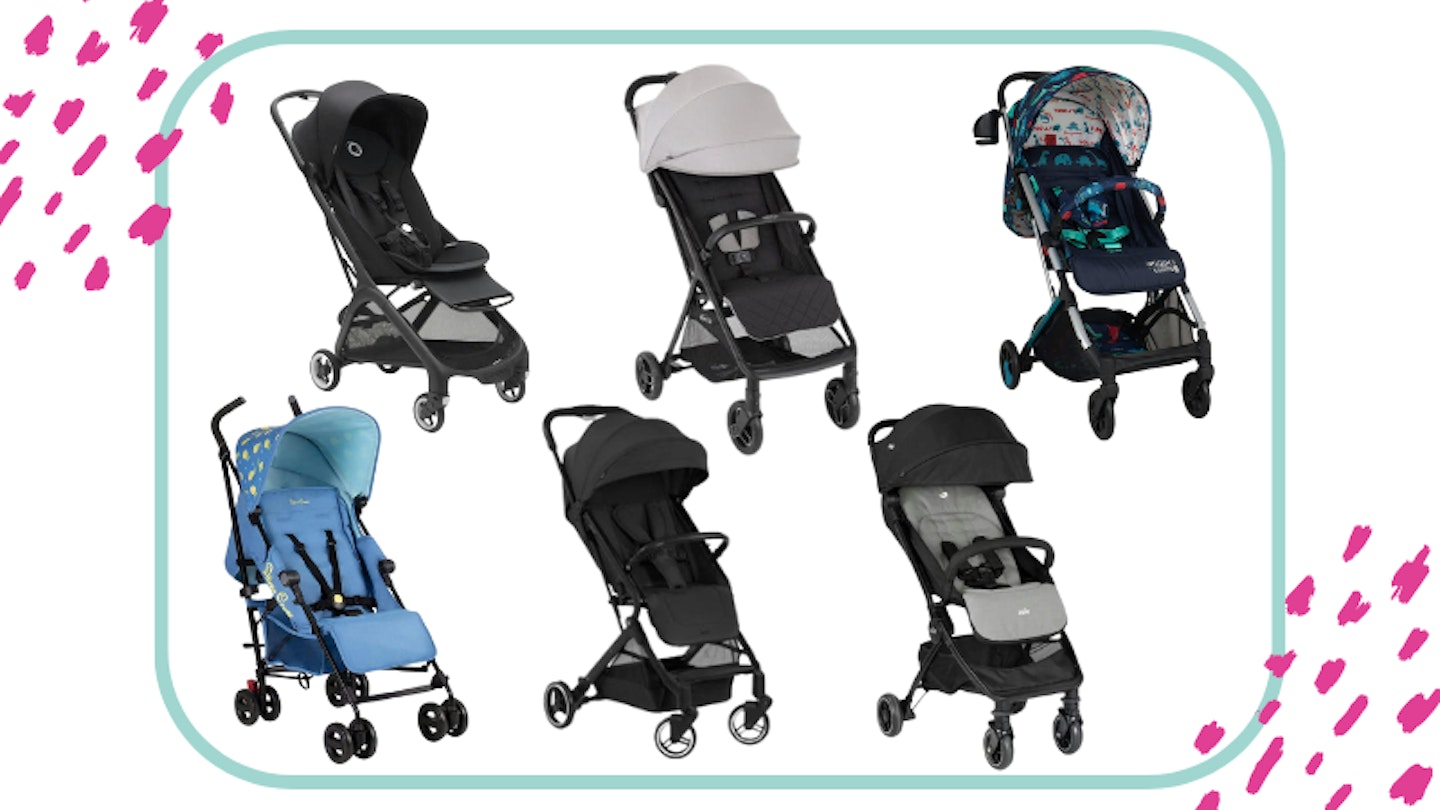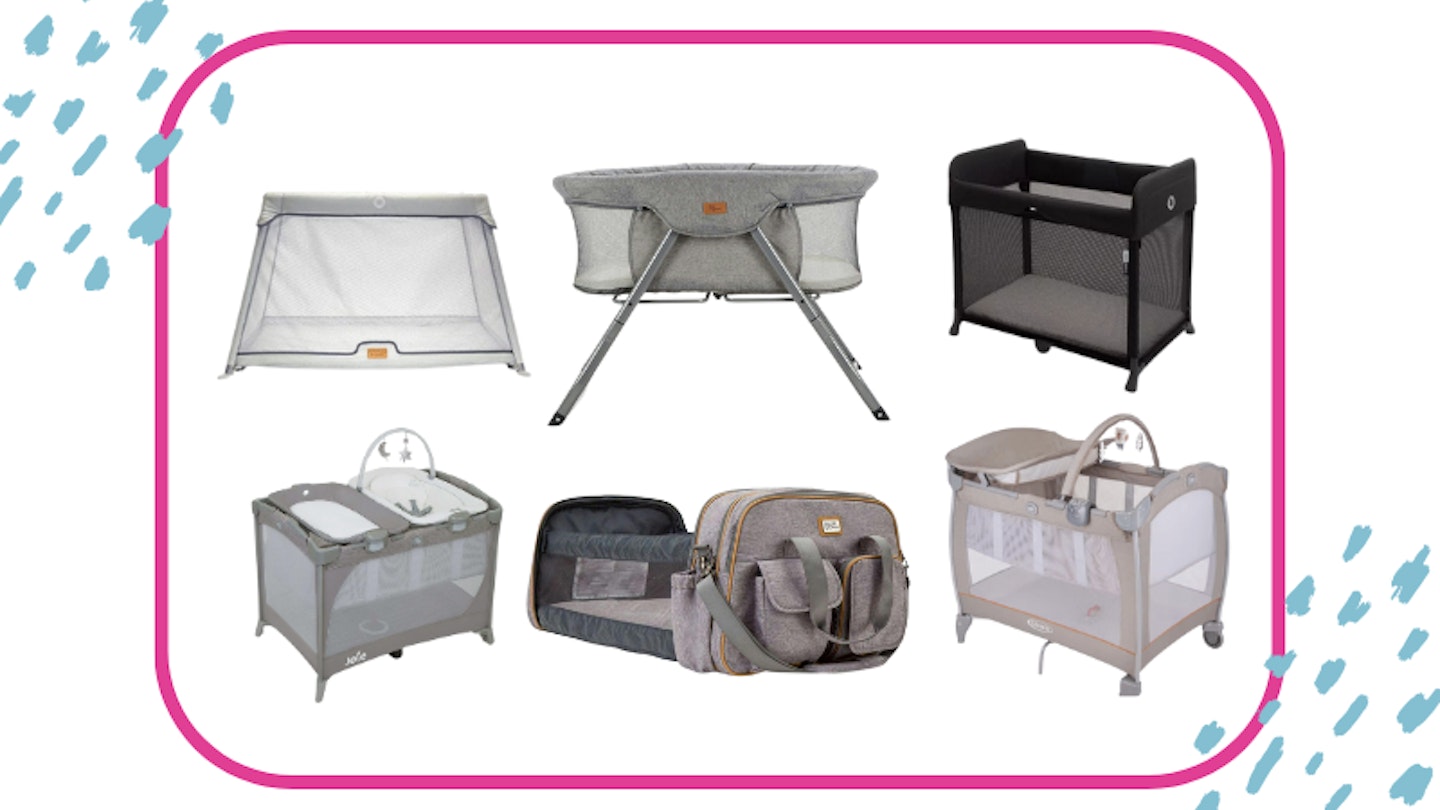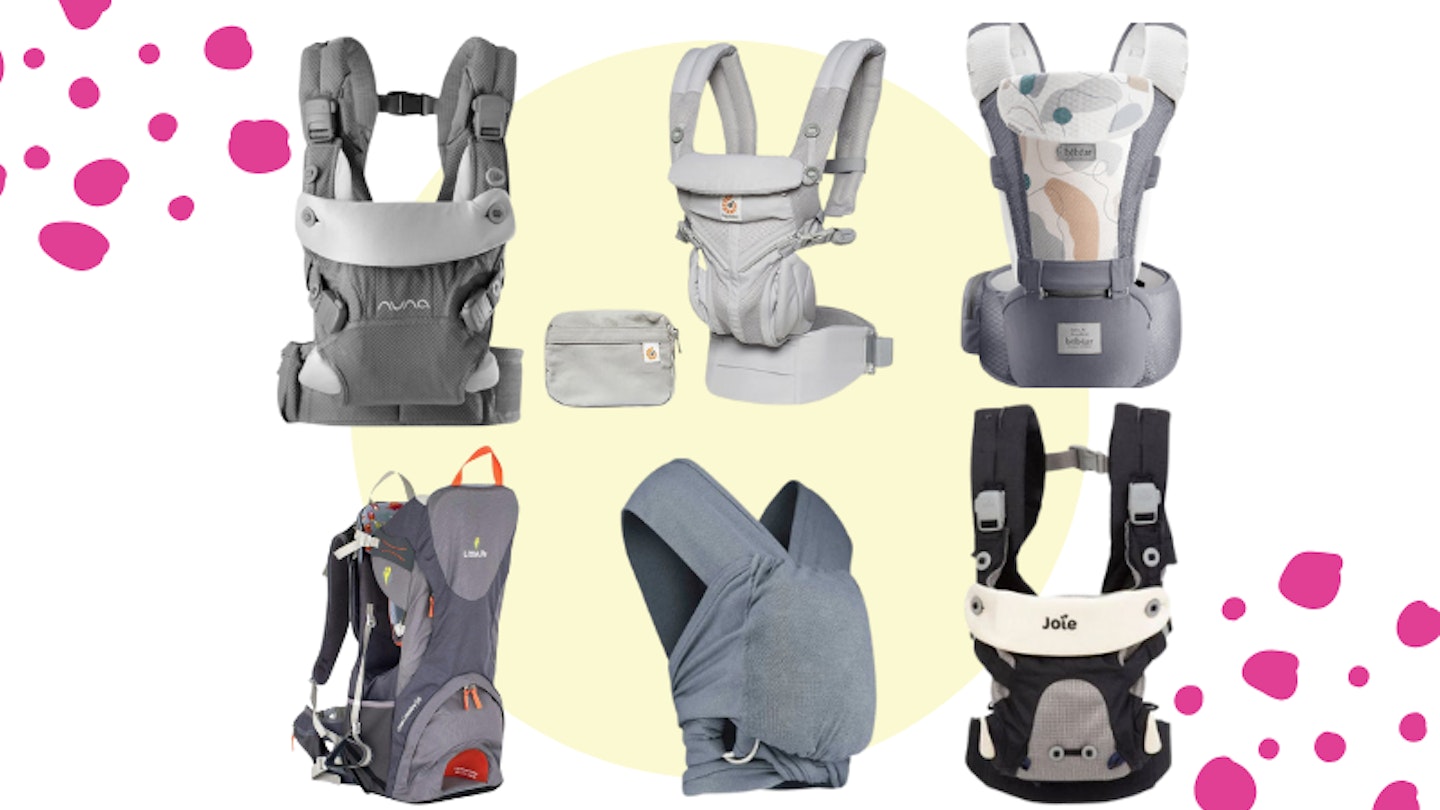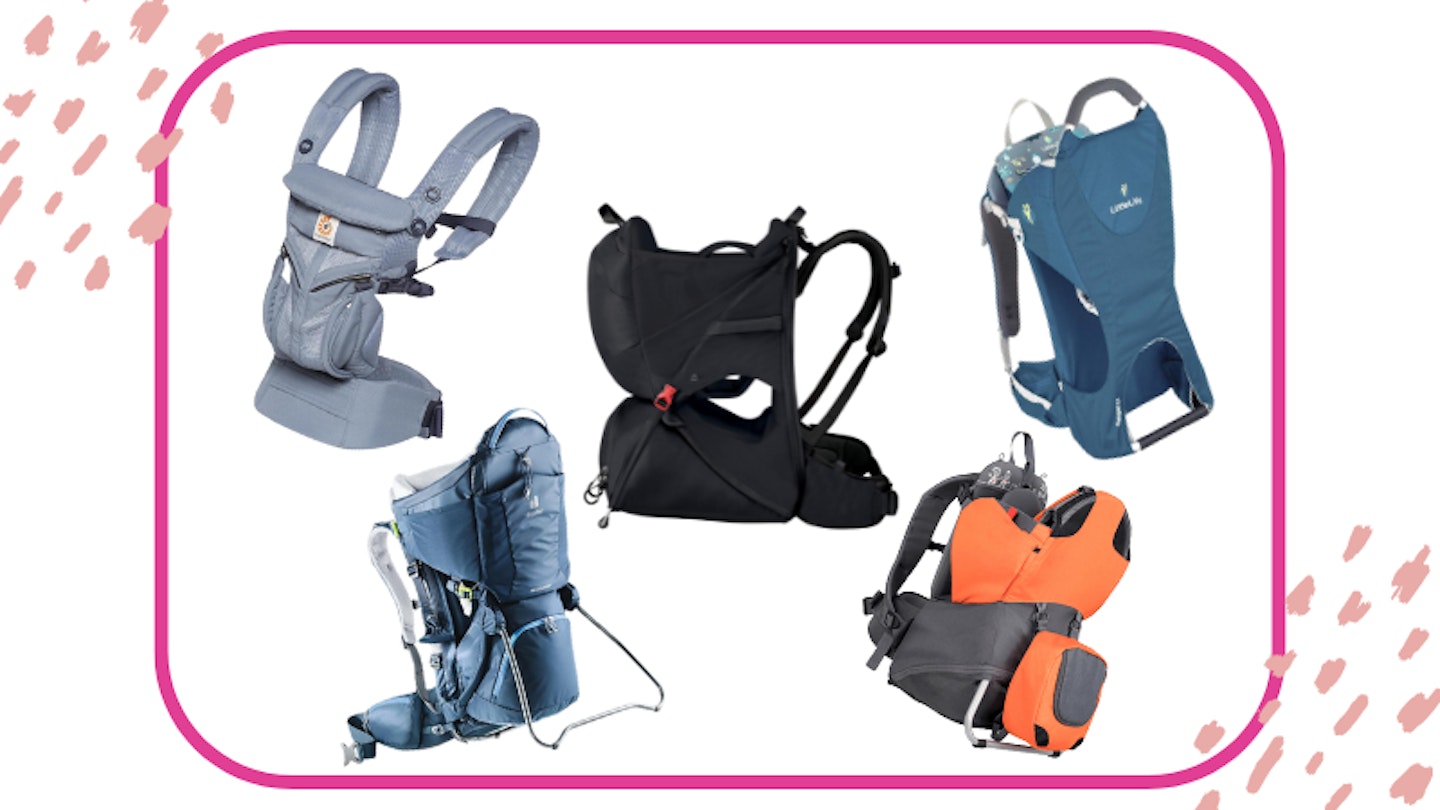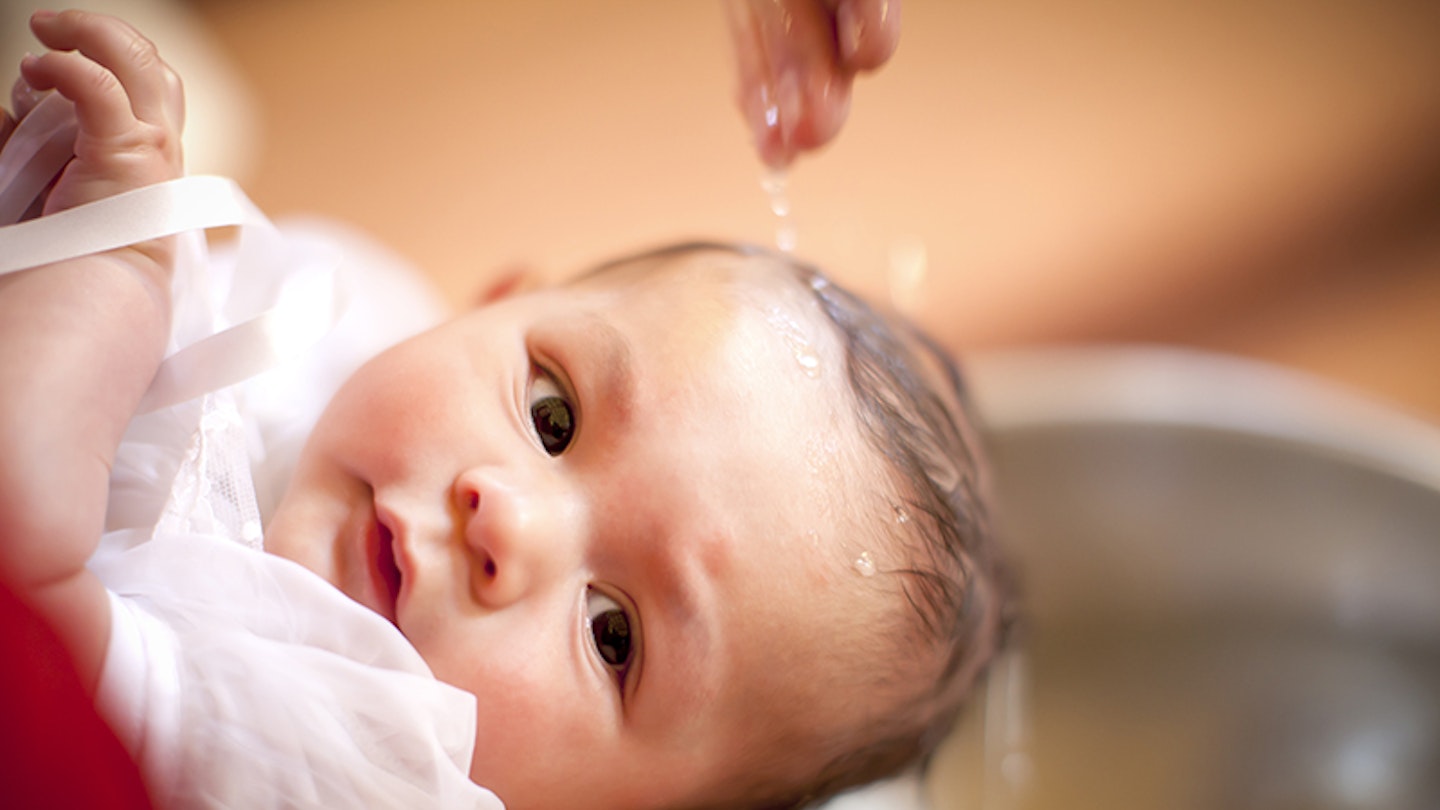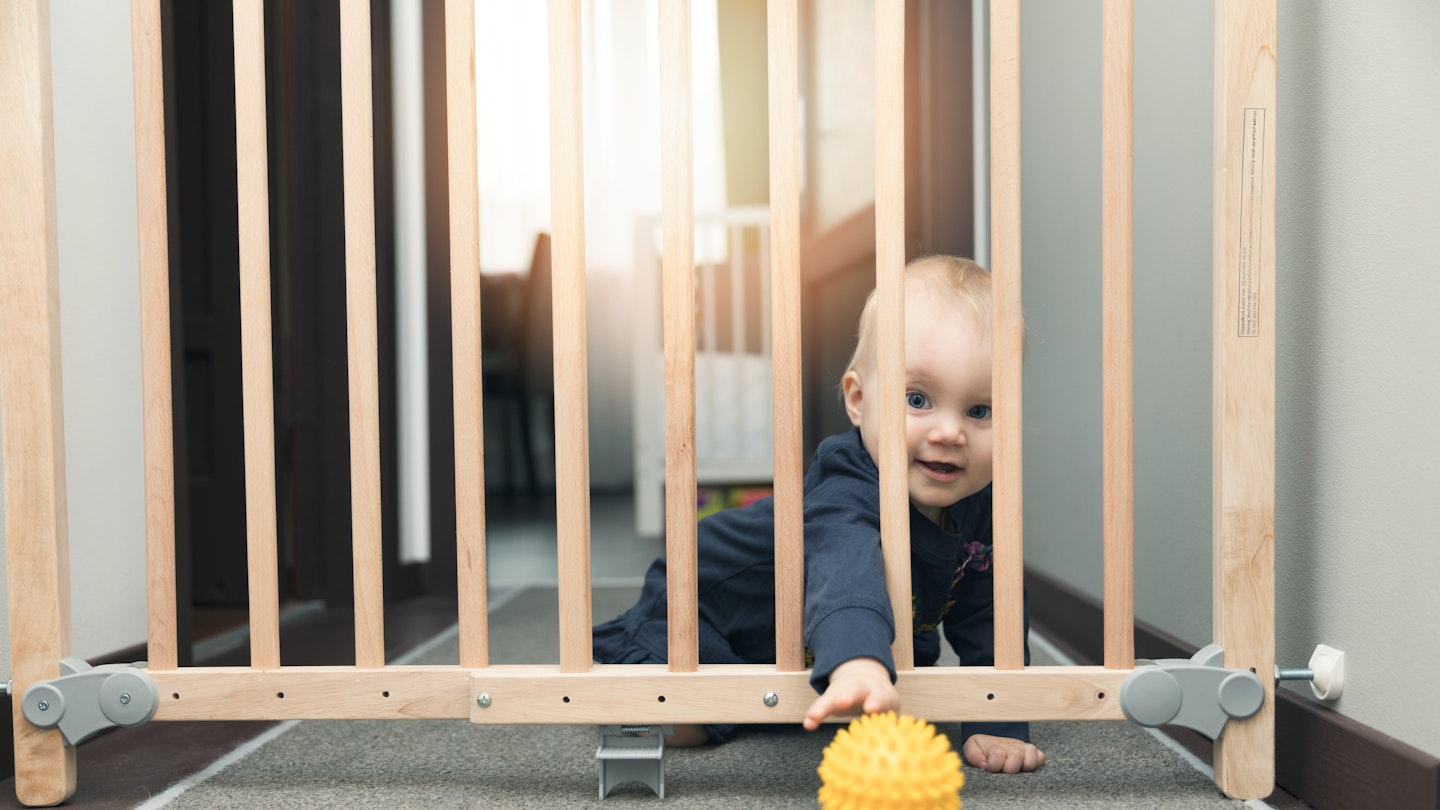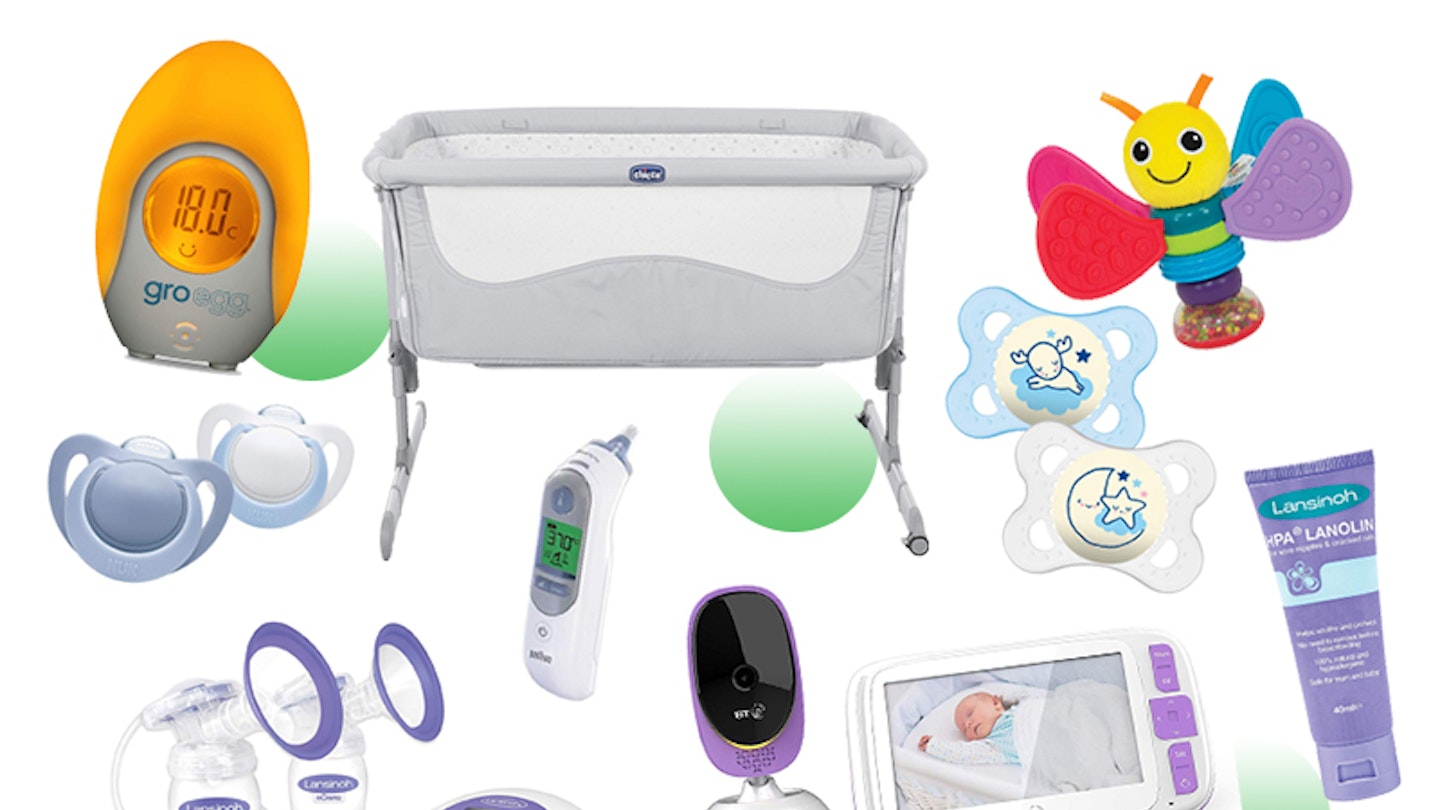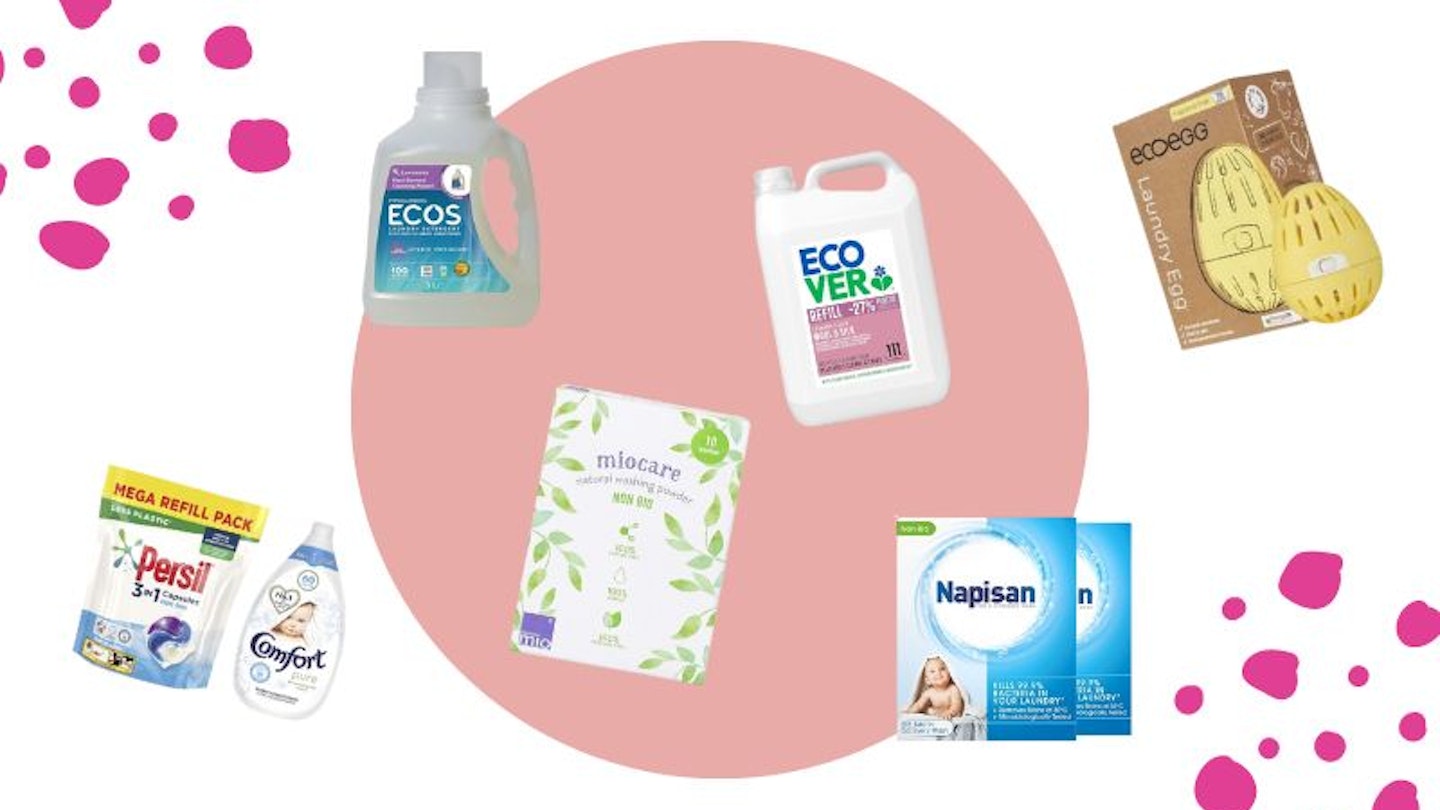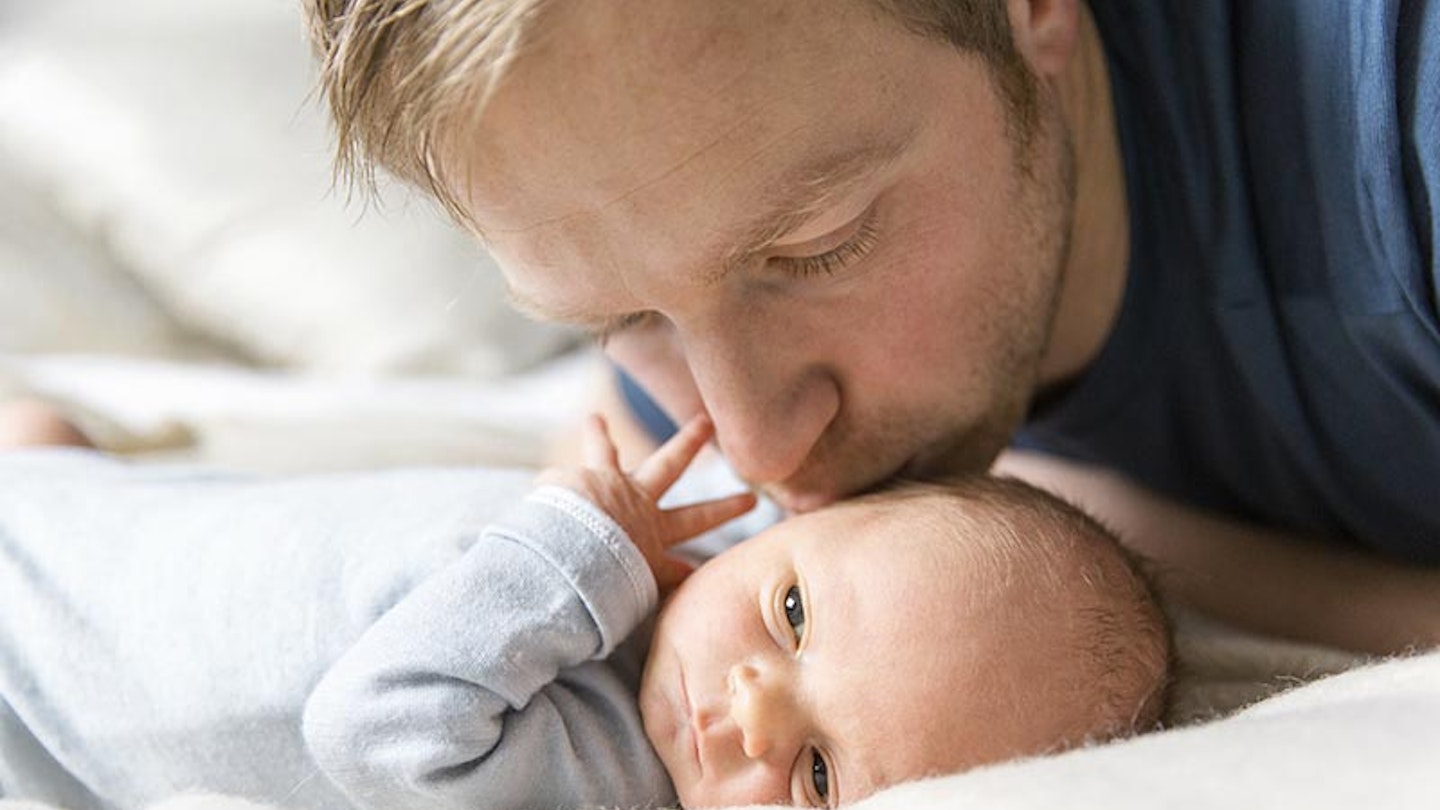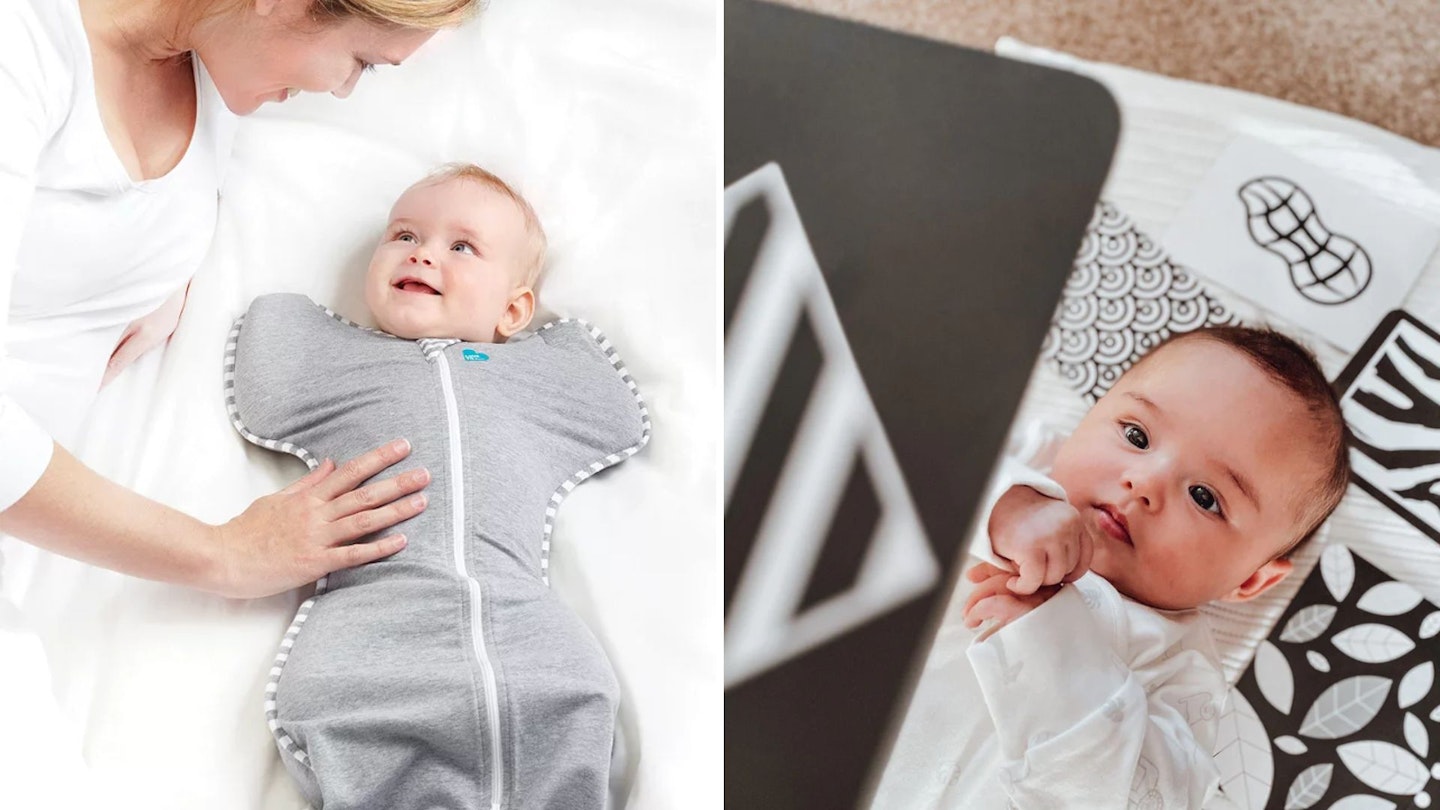First Year Products
Whether you’re catching an early night yourself or tackling the tasks you...
Reviews |
The best next-to-me cribs and bedside cots for your baby allow you to be close...
Reviews |
Medically reviewed by Angie Willis, Midwife Whether you are bottle-feeding your...
Reviews |
Whether you’re heading out for a stroll in the woods or a quick trip into...
Reviews |
As a mum of two, choosing a car seat has been one of the most time-consuming...
Reviews |
I’m a mum, and I know just how important it is to find the right...
Reviews |
When your baby starts to show the signs of taking their first...
Reviews |
As a parent, you know how much time your little one will spend in their high...
Reviews |
Medically reviewed by HCP Dr Zoe Williams If you’re choosing to...
Reviews |
As much as we love holding and cuddling our little bundles of joy, there are...
Reviews |
Finding the best dummy for your baby isn’t an easy task, and if you are...
Reviews |
As a parent, I’ve come to realise that a baby carrier is one of the most...
Reviews |
You’ve chosen the perfect cot, and now it’s time to find the ideal cot...
Reviews |
Medically reviewed by midwife and co-founder of The Baby Academy, Susan Hogan...
Reviews |
A baby-changing bag is an absolute necessity, but finding one that you love and...
Reviews |
When I was pregnant, a baby steriliser was one of the first things I added to...
Reviews |
Whether you’re jetting off for some sun or just planning a family...
Reviews |
When thinking of essentials for your little one, you probably already have a...
Reviews |
We take a lot of precautions to protect our children and support their growth...
Reviews |
Finding the best baby carrier can be a godsend for busy parents, allowing you...
Reviews |
Unlike a baby carrier, a baby carrier backpack is similar to a rucksack, but it...
Reviews |
Bathtime can be a wonderful bonding experience, but it also comes with...
Reviews |
If you’ve been invited to a christening, baptism or naming ceremony, you’re...
Reviews |
When your little one is on the move, a baby gate or baby playpen will be one of...
Reviews |
